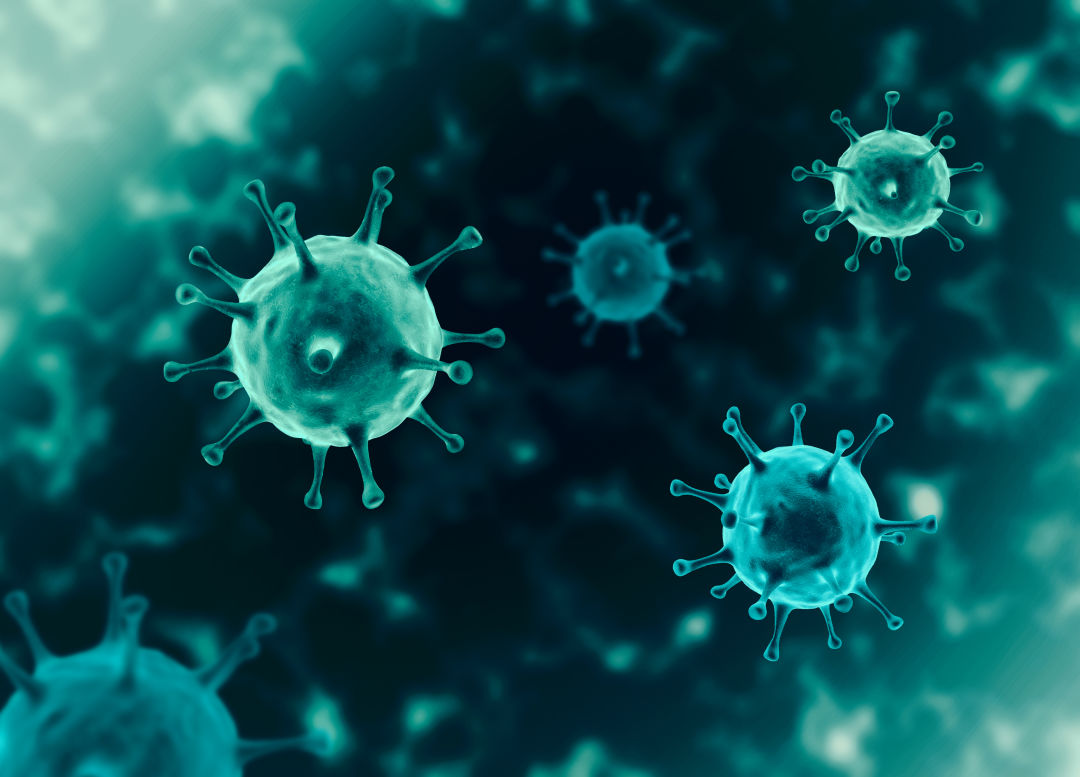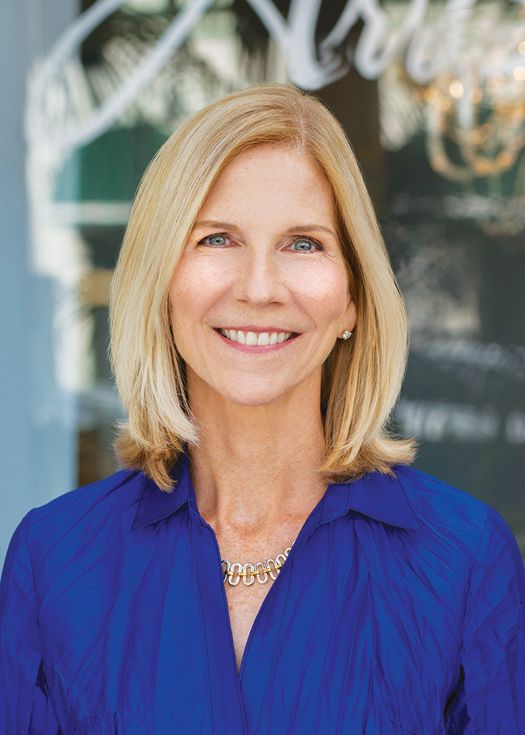The First Covid-19 Cases Were Reported in Florida a Year Ago This Month

Image: Shutterstock
A year ago, on March 1, I was at a nonprofit fund raiser when a friend texted me that Doctors Hospital had confirmed one of Florida’s first Covid-19 cases. A small crack in my safe, lovely world opened. The virus was here.

Susan Burns
Image: Lori Sax
I quickly put my phone back in my purse. I wasn’t ready for the reality, nor could I have anticipated the true impact. By the time you read this, more than 110 million people will have tested positive for the virus around the world and 2.5 million will have died. We have nearly 2 million cases in Florida and 30,000 deaths. I have been fortunate to keep my health and my job. But I know that isn’t true for millions who have lost loved ones, employment and all sense of stability.
Experts are saying that Covid-19 in some version will be with us forever. Like everyone else, I keep wondering when this plague will end, or at least subside. I talked to Dr. Kirk Voelker, a Sarasota pulmonary critical care and ICU physician and the medical director of clinical research at Sarasota Memorial Hospital. He’s been on the front lines since the beginning of the pandemic and contracted a mild case of Covid-19 in December.
Predicting what the virus will do “is the $64,000 question,” he says. The virus is mutating all the time, he explains, and it may transition to something that our innate immunity can handle—sort of like the common cold. That will take time. Experts say immunity to any pathogen is more like a dimmer switch than a light switch. We’re exposed to a common virus—like a cold—as toddlers, suffer mild symptoms and begin to develop what will become our future immune response. The next time we encounter a similar bug, we have partial immunity, so we don’t get as sick. This is good if you’re young, but not so encouraging when you’re older and don’t have years to develop immunity to a virus.
The best solution is for the population as a whole to develop immunity—“herd immunity,” as it’s called. Voelker says vaccines are the key to that. But there are some big unknowns: “What percentage of the population do we need to get vaccinated before we have herd immunity and what portion of the population is auto-inoculated [because they have had] Covid?” If you need any incentive to get the shots (or shot), he points to new research showing that vaccines may confer more immunity than our natural system. “There are suggestions that since the vaccines are targeted to specific areas of the virus, there may be better immunity in the long run,” he says.
And he does see some light at the end of the tunnel.
“I am hopeful we’ll get back to some sense of normalcy beginning summer. That’s my best guess,” he says. “That doesn’t mean we should lax up on the things that are working—wearing a mask, social distancing and being conscientious. We’re not there yet.”



